5 December 2024
When you hear the word “keto,” what’s the first thing that pops into your mind? For most people, it’s mountains of bacon, dripping cheese, and a plate piled high with eggs. It’s true, the ketogenic (keto) diet revolves around eating high-fat foods. But let’s address the elephant in the room: isn’t “high fat” supposed to be unhealthy? You’ve probably been told for years that fat is the villain in your diet – clogging arteries and packing on pounds.
Well, it’s time to set the record straight. Buckle up as we bust some of the biggest keto myths and uncover why eating high fat doesn’t necessarily mean unhealthy. 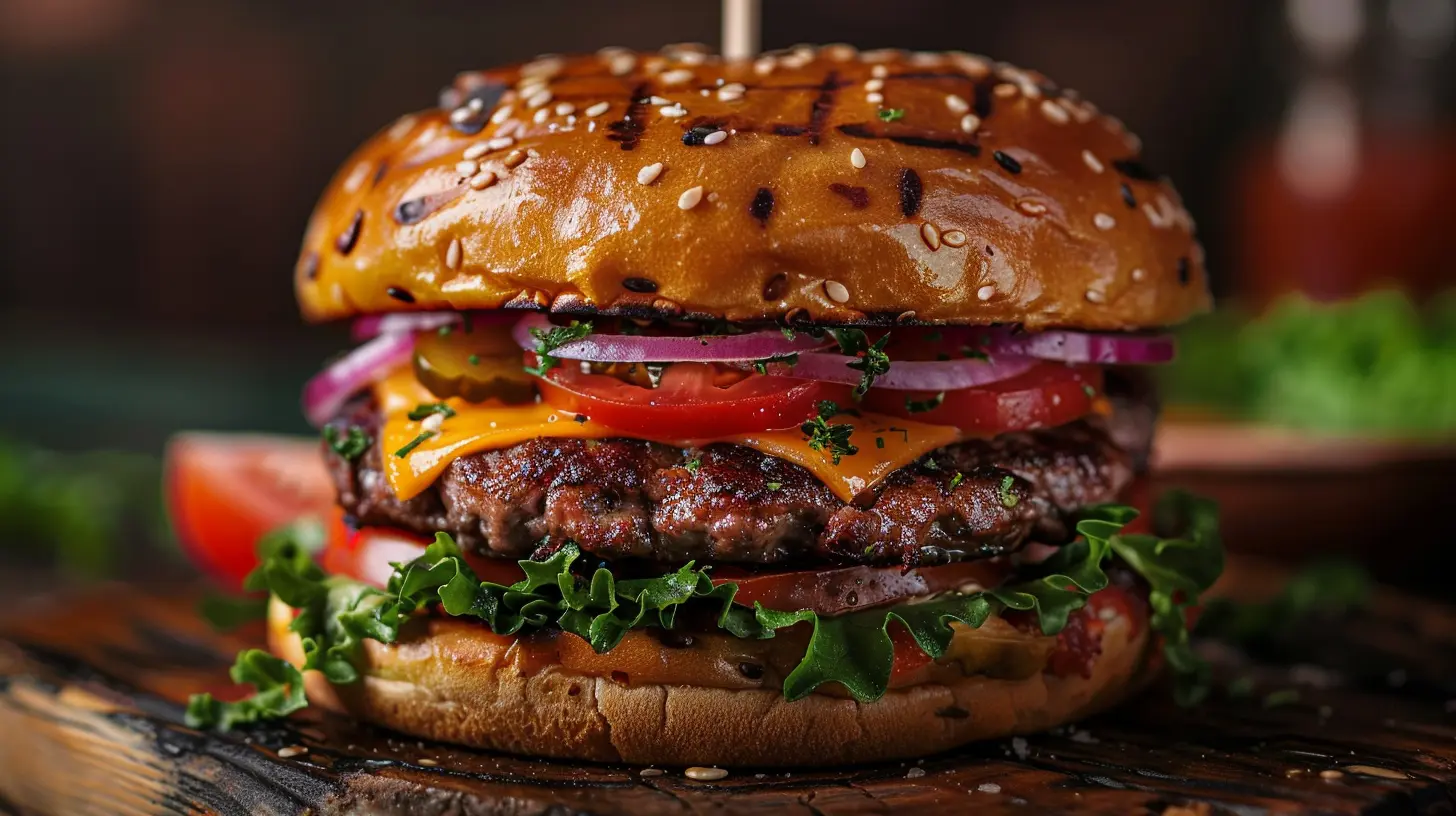
What Is the Keto Diet, Anyway?
Let’s start with the basics. The keto diet is a low-carb, high-fat, moderate-protein eating plan that flips the way our bodies typically function. Instead of relying on carbs for energy, the diet aims to get your body into a state called ketosis – a metabolic state where your body burns fat for energy instead of glucose.Sounds cool, right? But here’s where people start side-eyeing the keto diet: it requires you to eat a lot of fat. For years, mainstream health advice has demonized fat. So, naturally, pairing “high fat” and “diet” sounds like an oxymoron.
But that’s the thing – not all fats are created equal. 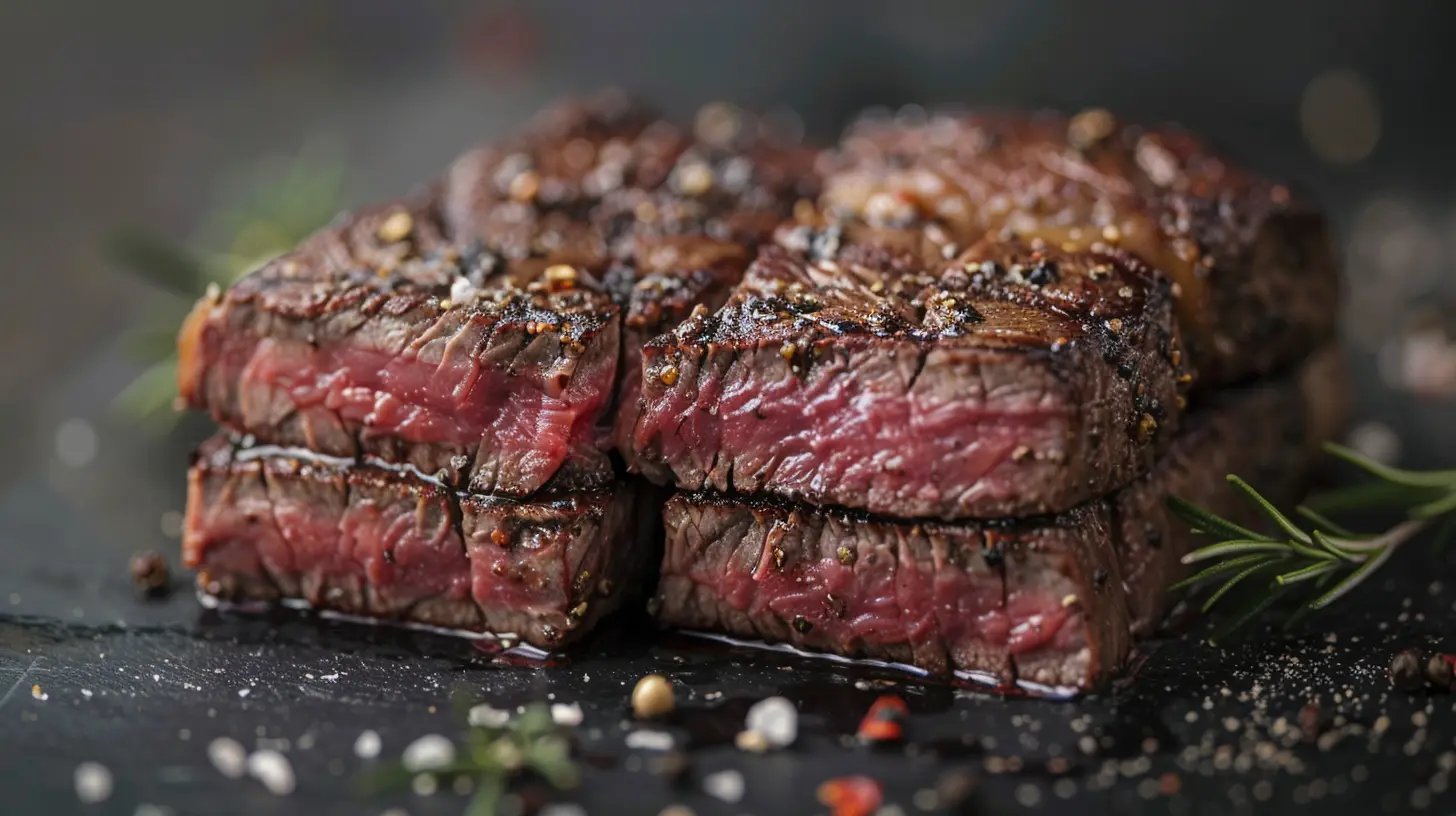
Myth #1: “All Fats Are Bad For You”
Let’s squash this myth once and for all. Not all fats are the dietary villains they’ve been made out to be. There’s a world of difference between munching on a greasy, deep-fried donut and an avocado drizzled with olive oil.Meet the Good Guys: Healthy Fats
Healthy fats – like monounsaturated and polyunsaturated fats – play a starring role in the keto diet. Think foods like:- Avocados
- Nuts and seeds (hello, almond butter!)
- Fatty fish (like salmon and sardines)
- Olive oil
- Coconut oil
These fats are like the superheroes of your diet. They help lower bad cholesterol, improve brain function, and keep your heart happy.
But What About Saturated Fats?
Ah, saturated fats – the misunderstood middle child of the fat family. Yes, they’ve gotten a bad rap over the years, but recent studies suggest they’re not as dangerous as once believed – especially when consumed as part of a nutrient-dense, low-carb diet. (Looking at you, keto!)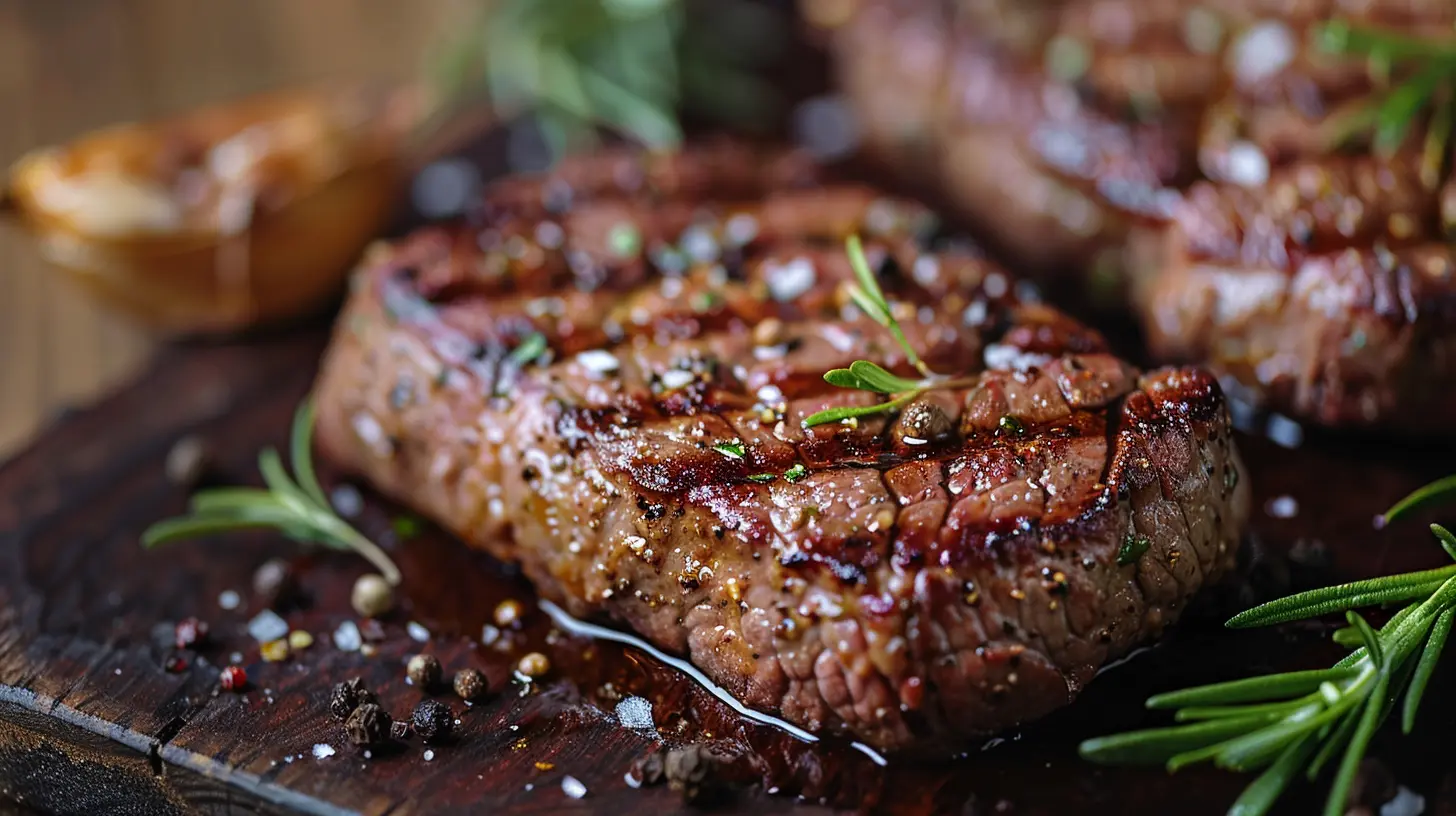
Myth #2: “Eating Fat Will Make You Fat”
Raise your hand if you’ve ever thought, “If I eat fat, I’ll get fat.” Yep, you’re not alone. This myth is one of the biggest reasons people shy away from the keto diet.Here’s the truth bomb: eating fat doesn’t automatically make you gain weight.
The Science Behind It
Weight gain happens when you consume more calories than your body uses – regardless of whether those calories come from carbs, protein, or fat. In fact, when your body is in ketosis, it becomes incredibly efficient at burning fat for energy.Plus, fat is super satisfying. It keeps you feeling full for longer, which can actually help you eat less overall. Say goodbye to those mid-afternoon snack attacks! 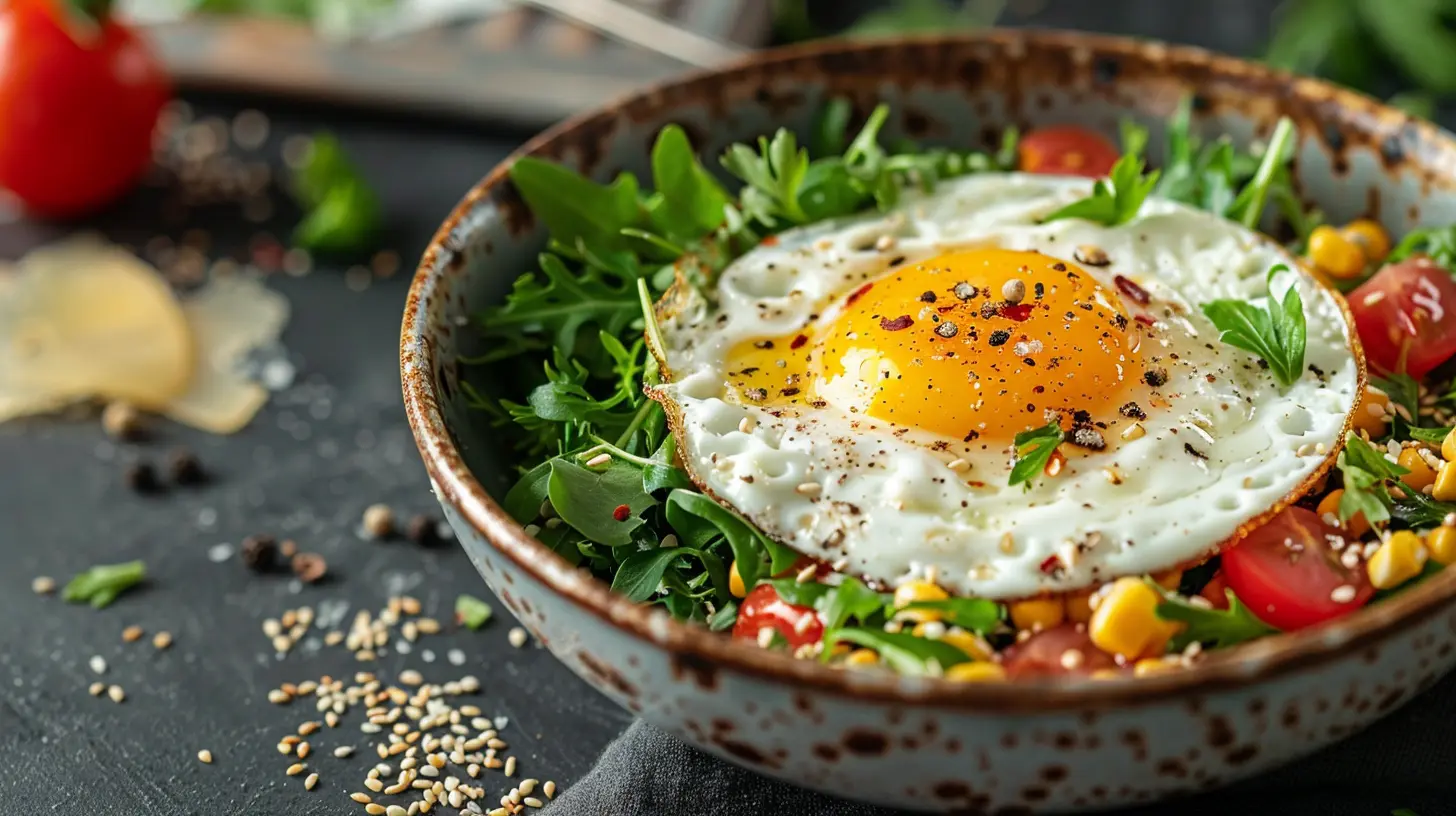
Myth #3: “The Keto Diet Is Bad For Your Heart”
This one’s a biggie. For decades, we’ve been told that fat (especially saturated fat) is a one-way ticket to heart disease. But recent research is flipping that narrative on its head.Keto and Cholesterol
Yes, the keto diet can raise your cholesterol – but here’s the kicker: it often raises HDL (the “good” cholesterol) and may lower LDL (the “bad” cholesterol). And some people see their LDL particles shift to a fluffier, less harmful form.Translation? The right balance of fats on a keto diet could actually improve your heart health, not harm it.
Myth #4: “You Can Eat Unlimited Fat on Keto”
Okay, let’s clear something up: just because the keto diet is high fat doesn’t mean you get a free pass to eat unlimited bacon and butter. (Sorry, folks!)Quality Over Quantity
The key to a healthy ketogenic diet is focusing on quality fats instead of mindlessly piling on the calories. Think grass-fed meats, wild-caught fish, and cold-pressed oils rather than processed junk.Bottom line? You can’t eat unlimited fat and expect to get amazing results. Moderation and mindfulness are still essential.
Myth #5: “Keto Is All About Bacon and Butter”
If you’re picturing keto as a greasy buffet of bacon, cheese, and butter blocks, it’s time to think again. While these foods can fit into a keto diet, they’re not the be-all and end-all.The Real Keto Plate
A well-balanced keto meal includes:- Plenty of non-starchy veggies (like spinach, broccoli, and zucchini)
- High-quality proteins (chicken, beef, eggs, etc.)
- Healthy fats (avocados, olive oil, nuts)
It doesn’t have to be all bacon, all the time. Think vibrant salads, hearty soups, and even keto-friendly desserts. (Yes, you can still have dessert!)
Myth #6: “High-Fat Diets Cause Nutrient Deficiencies”
Some critics argue that the keto diet lacks crucial nutrients because you’re cutting out certain carb-heavy foods. But here’s the thing: if you do keto the right way, you can still get all the vitamins and minerals your body needs.Nutrient-Dense Keto Foods
Foods like leafy greens, cruciferous veggies, nuts, seeds, and fatty fish are packed with essential nutrients. Supplements can also help if needed, but a well-planned keto diet is far from nutritionally void.Is High Fat Really Unhealthy?
At the end of the day, the idea that “high fat” equals “unhealthy” is outdated and oversimplified. The key lies in the type of fat you’re eating and how it fits into your overall diet.When done right, a high-fat, keto-friendly diet can:
- Boost energy levels
- Support heart health
- Aid in weight loss
- Improve mental clarity
So, no, high fat doesn’t have to mean unhealthy.
Tips for a Healthy Keto Journey
If you’re thinking of giving keto a try, here are a few tips to ensure you’re doing it the right way:1. Focus on whole, unprocessed foods. Keep it real – skip the overly processed “keto” snacks.
2. Choose quality fats. Opt for healthy fats like avocados, olive oil, and grass-fed butter.
3. Don’t forget your veggies. Non-starchy veggies should make up a big part of your plate.
4. Listen to your body. Everyone’s different, so pay attention to how you feel and adjust as needed.
5. Stay hydrated. Keto can cause your body to lose water, so drink up!
Conclusion
The idea that high-fat diets are inherently unhealthy is one of the biggest misconceptions out there – and keto is proof of that. By choosing the right kinds of fats and balancing your plate, you can enjoy all the benefits of the ketogenic lifestyle without compromising your health.So, don’t let the fear of fat hold you back. Armed with the facts, you can fuel your body with healthy, satisfying fats and crush your health goals – keto style.






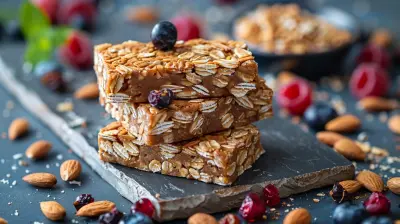
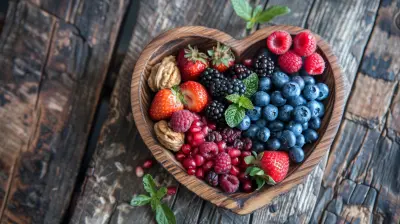
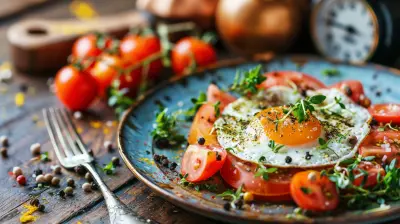

Calyx Ramos
Great insights! Love the myth-busting!
February 6, 2025 at 5:28 AM